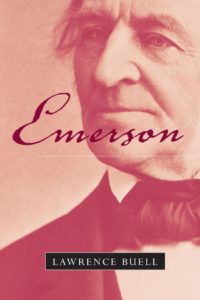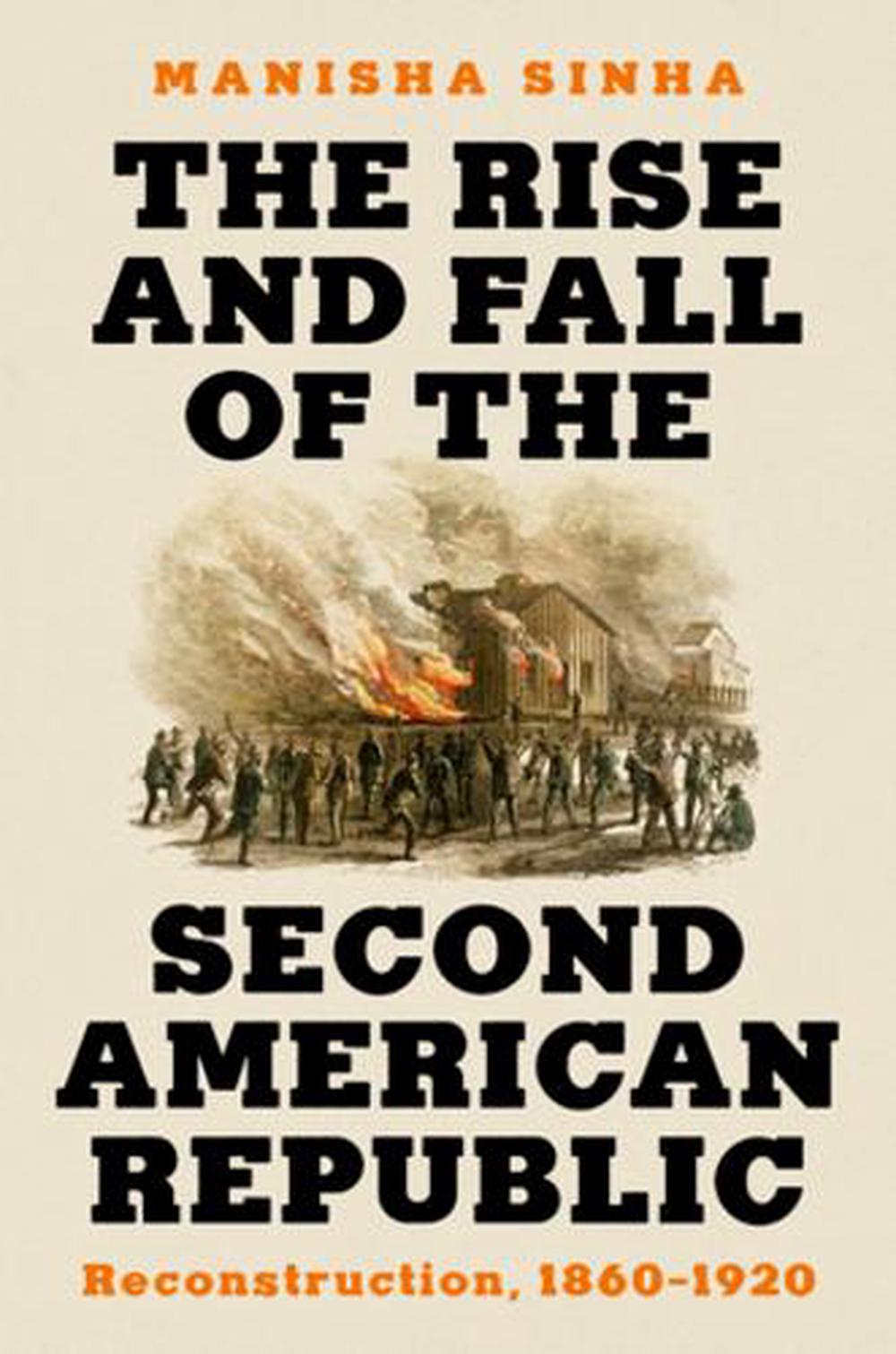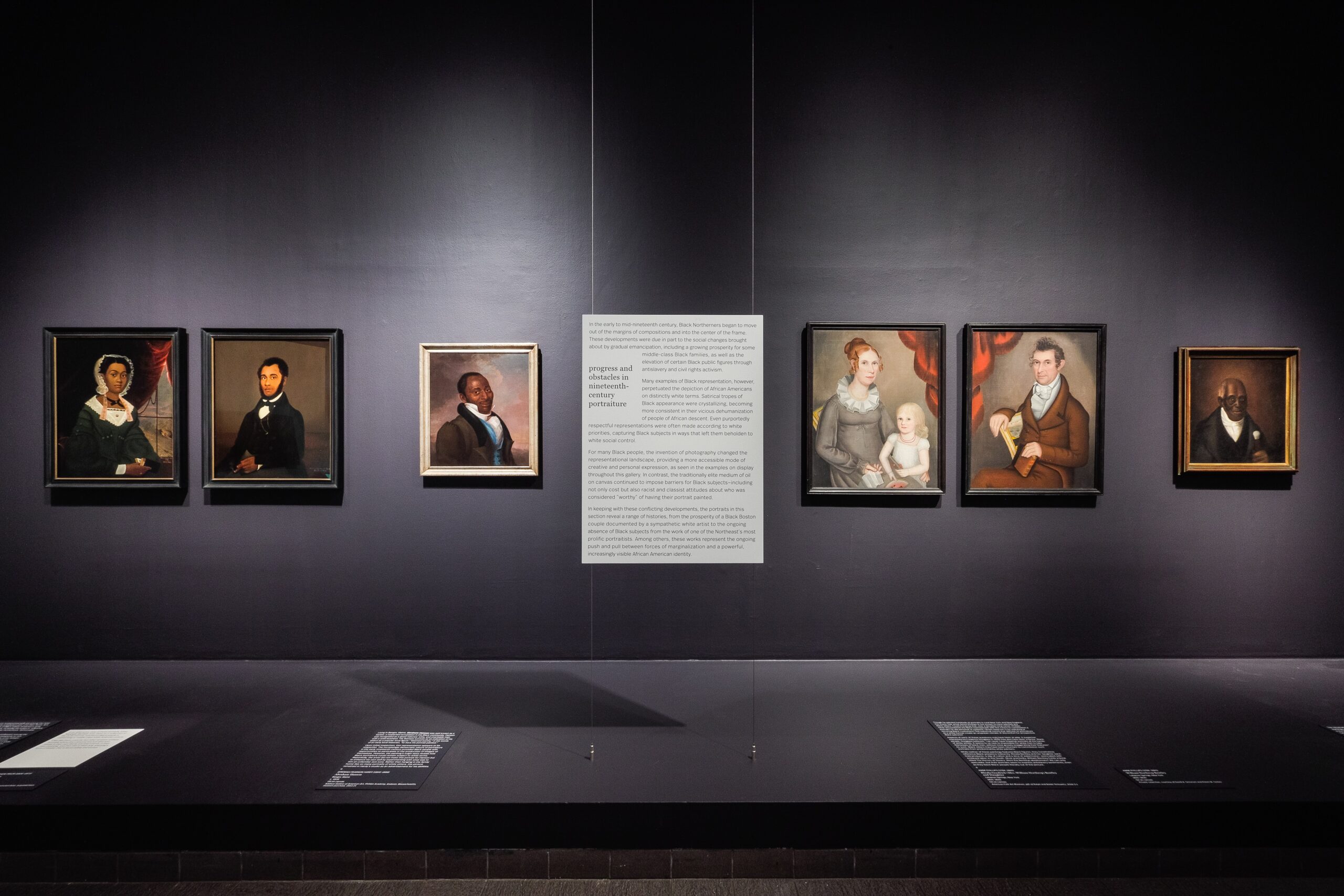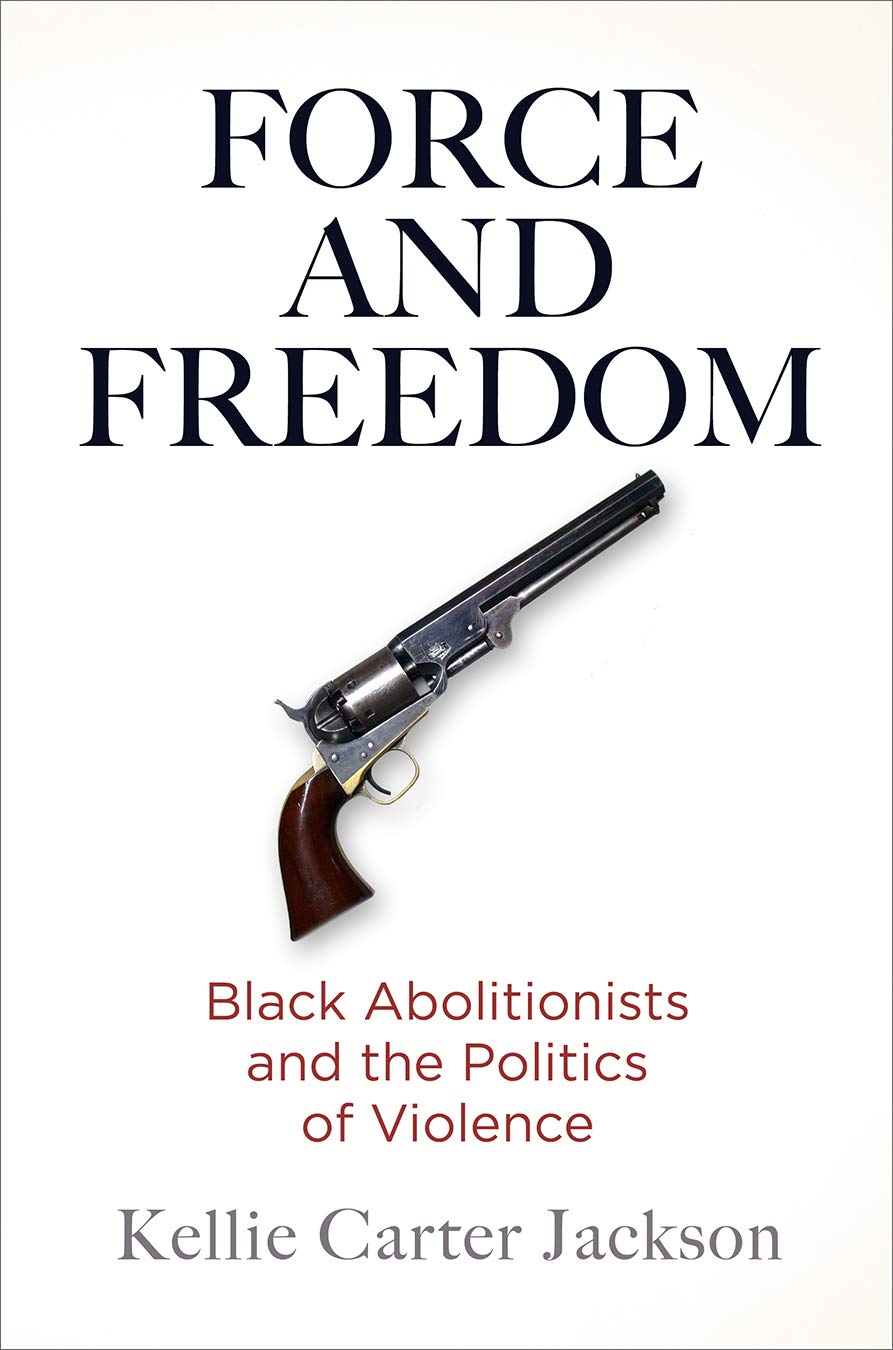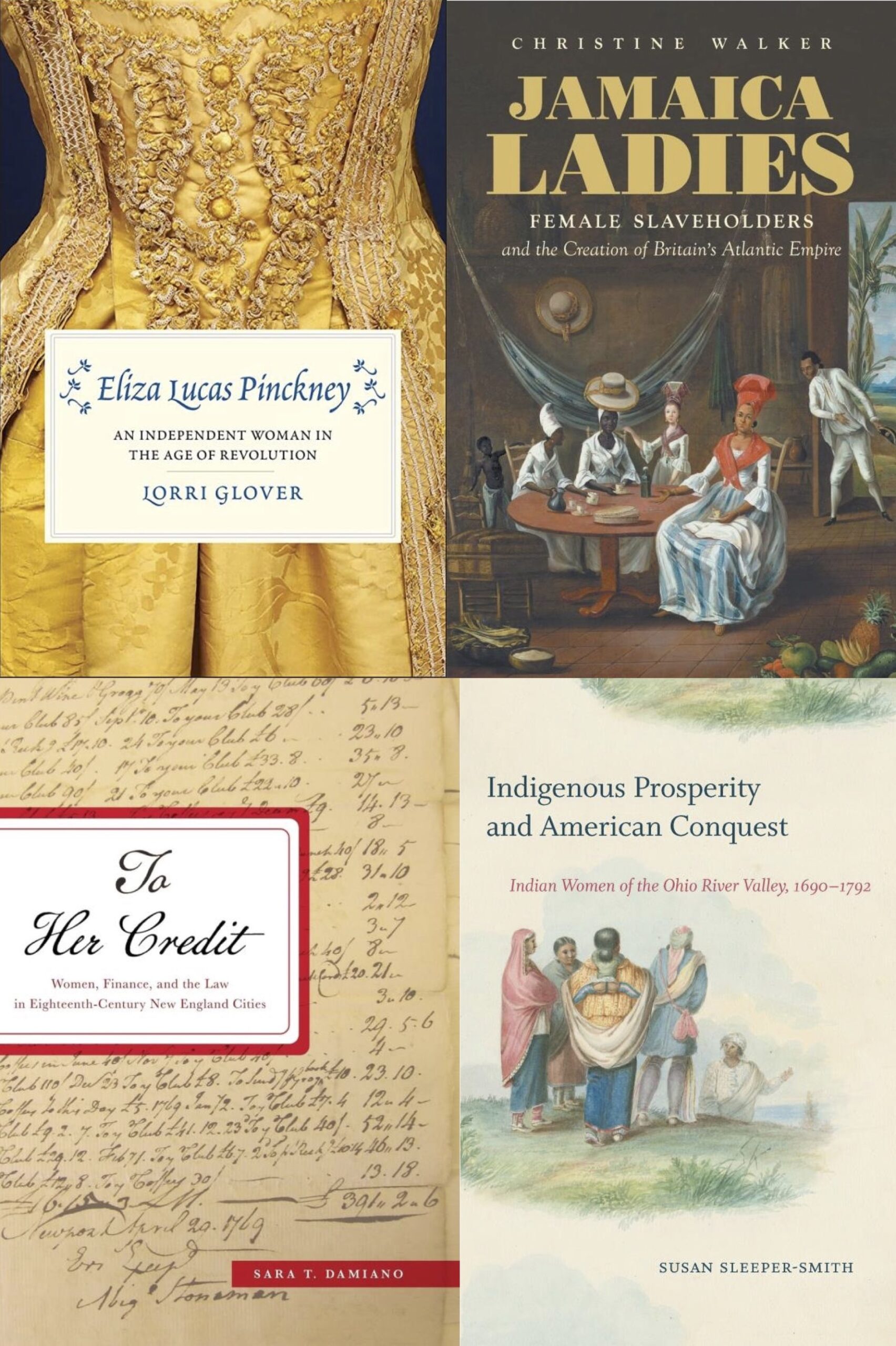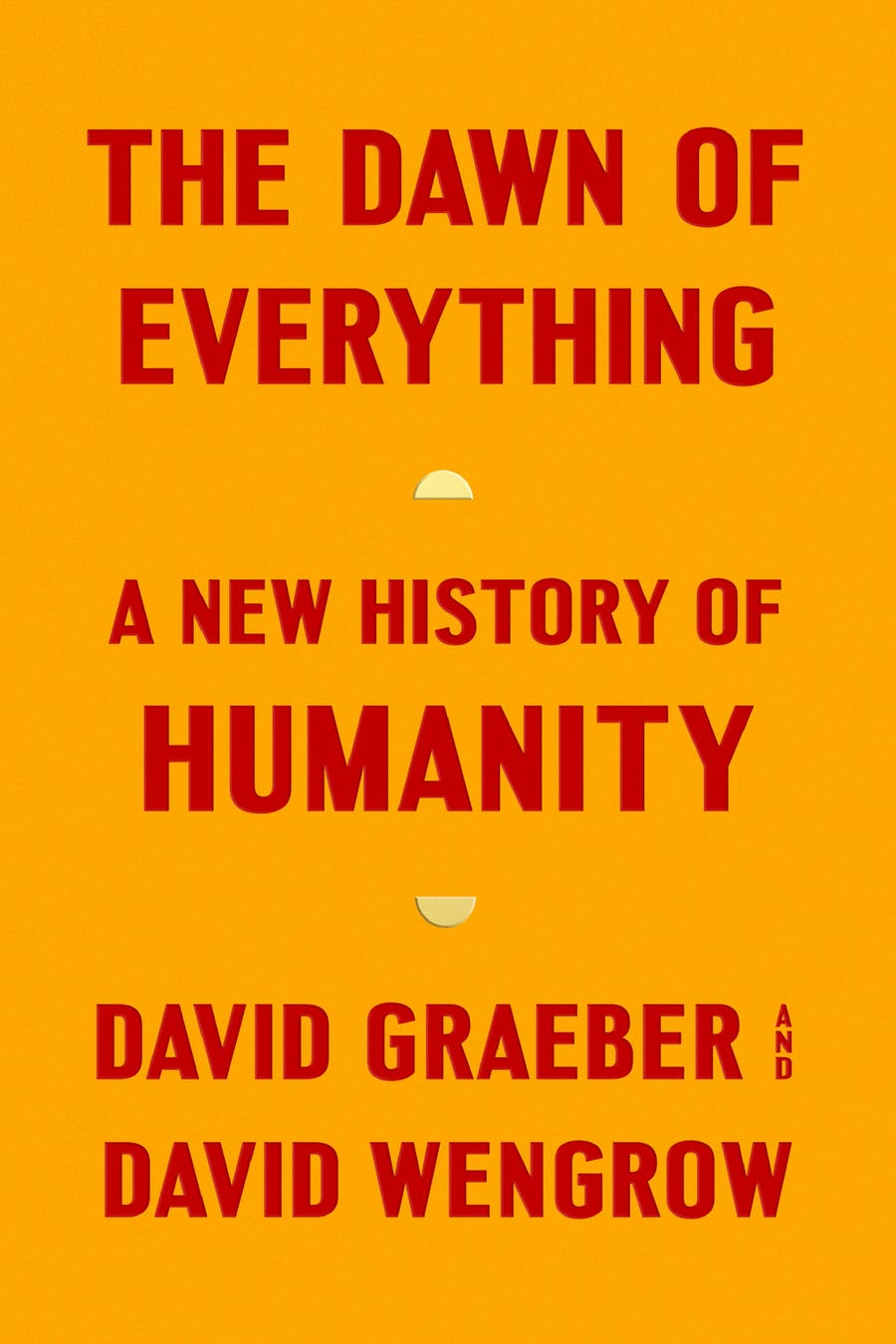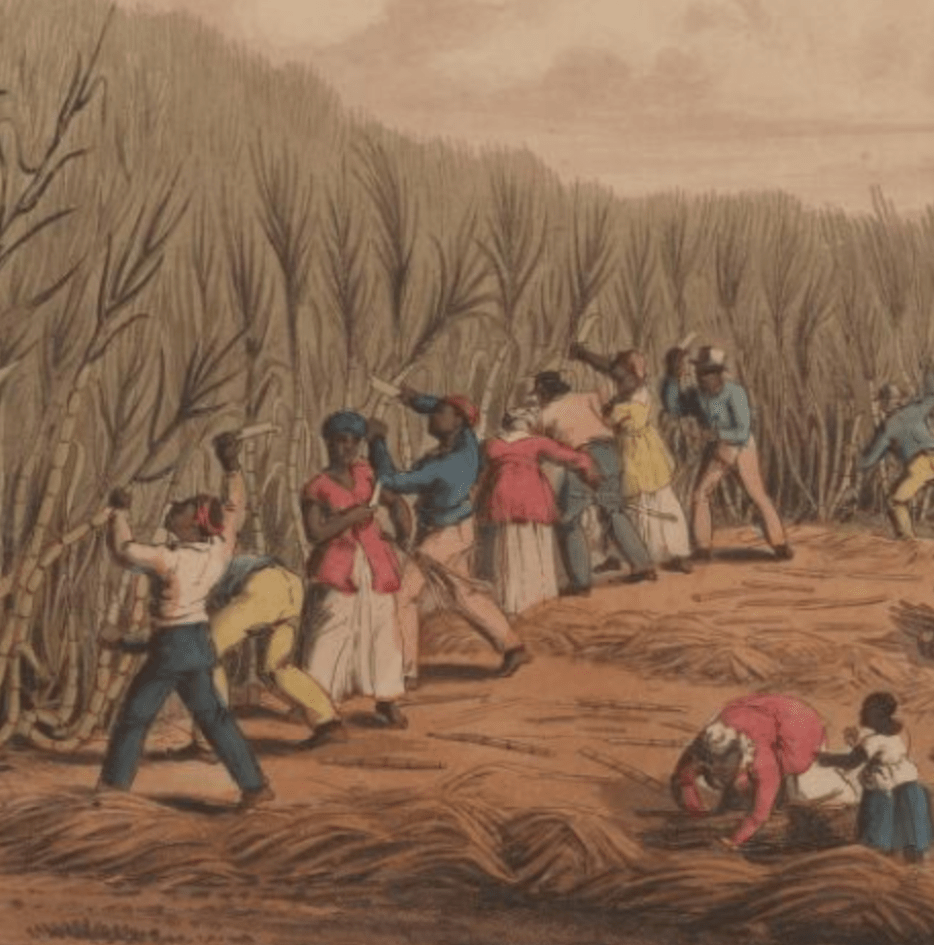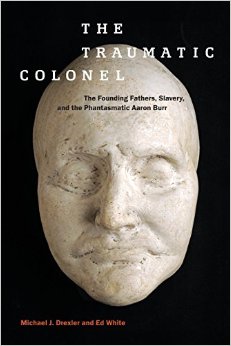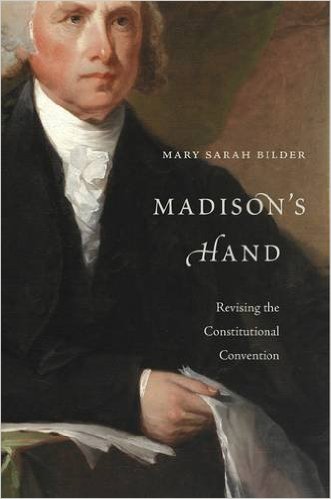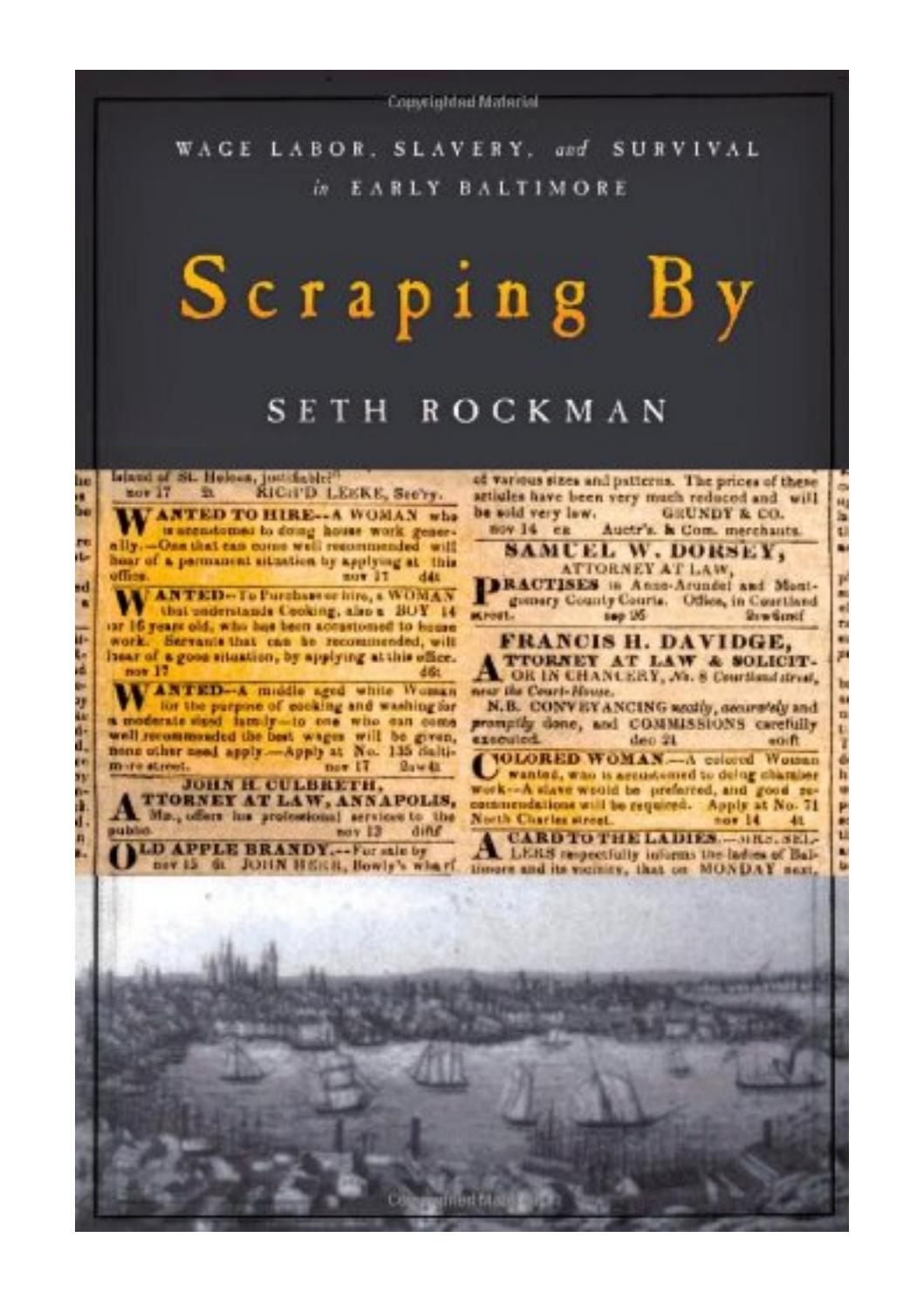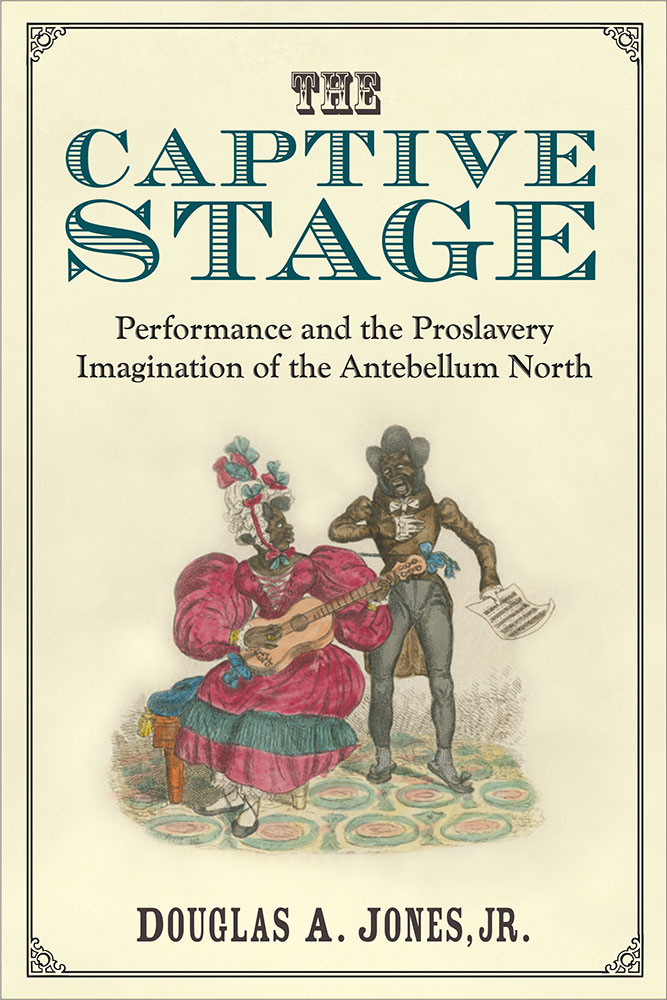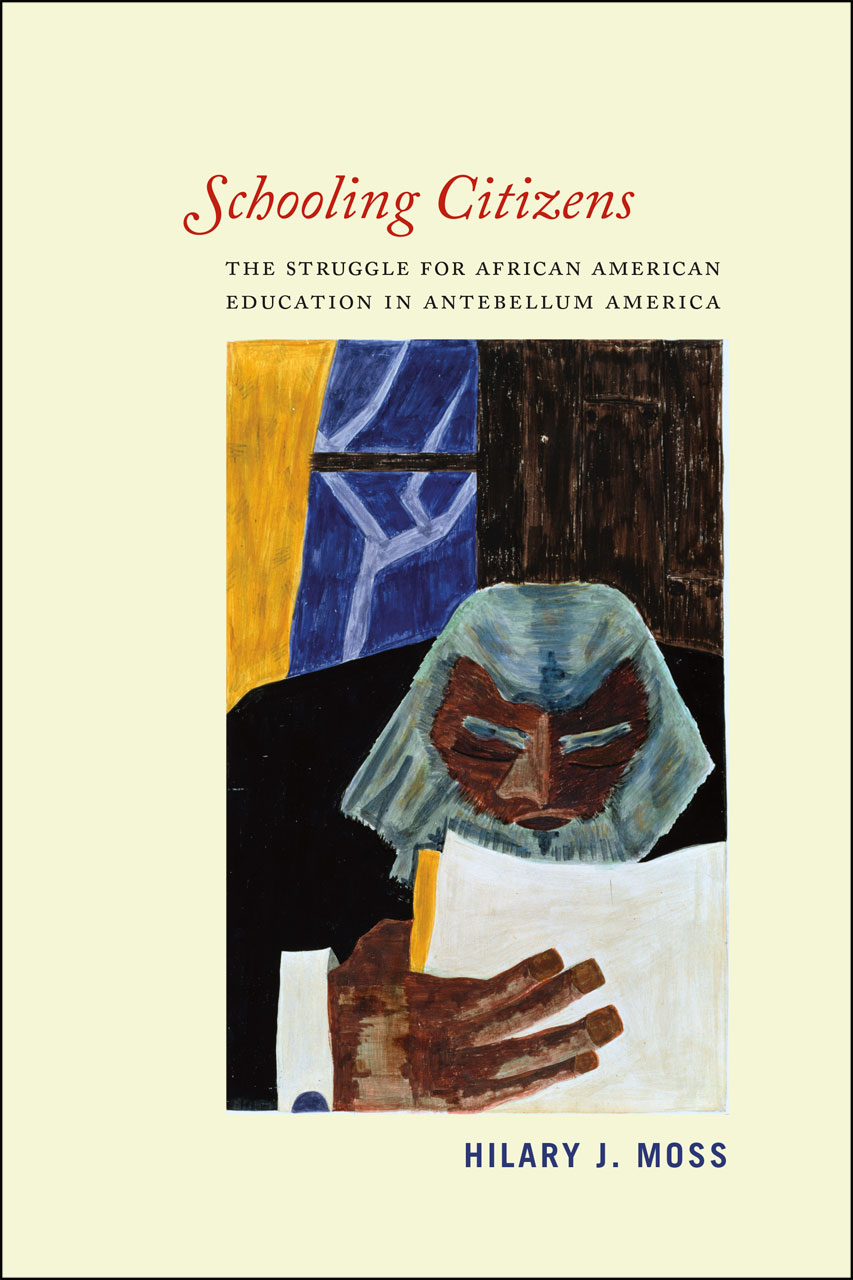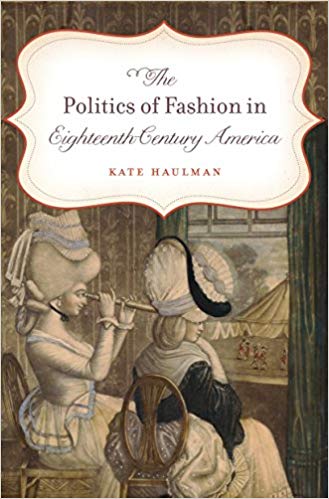Ralph Waldo Emerson marks his two hundredth birthday this year. He remains one of the most widely read American writers, or at least most widely assigned to undergraduates (and high school students on an academic track). Few educated Americans, I would hope, have never heard of him. In this book Lawrence Buell shows us why Emerson remains worth reading in our own time. If Emerson seems to some readers stuffy, bloodless, hypocritical, or an apologist for irresponsible individualism, that is because of the superficiality with which he is too often read, Buell argues. Buell is probably the most distinguished living authority on Emerson’s literary circle, the American Transcendentalists–which is a high academic eminence, given that the experts include such superb scholars as Charles Capper, Barbara Packer, and Robert D. Richardson Jr. What Buell has to say here about Emerson is not only persuasive but also consistently interesting, surprisingly original (given all that has been said about Emerson already), and, best of all, written in straightforward, lucid language. (Only once, on 53-54, did I catch him lapse into the impenetrable jargon of literary criticism.) Buell’s discussion of the relationship between Emerson and his prize pupil, Henry David Thoreau, is brilliant.
Buell corrects several common misunderstandings of Emerson; for example, the Sage of Concord was not so much an American nationalist as a cosmopolite eager to redeem Americans from intellectual provincialism; not a recluse but a popular and commercially successful lecturer; not only a poetic symbolist but also a social critic. The strongest chapters in the book are the first and sixth, in which Buell presents the evidence for regarding Emerson as a “public intellectual”–that is, an original thinker who also manages to reach a large audience and address the critical public issues of the day. Following the lead of Albert J. von Frank, Buell shows that Emerson played a more important part in the crusade against slavery than many readers today realize.
In making his case for Emerson’s twenty-first-century relevance, Buell emphasizes certain aspects of his subject’s life and plays down others. He has much to say about Emerson’s later career as a lyceum lecturer, little about his early career as a Unitarian minister. Indeed, he apologizes for having to treat religion at all (159-61) and then mostly addresses the great man’s fascination with Hinduism. Emerson’s relationships to such religious issues as the decline of Calvinism and the rise of biblical criticism are virtually ignored. Presumably these belong to the nineteenth century, and Buell wants to showcase the Emerson who speaks to the twenty-first. However, given the rise of evangelical fundamentalism, it is not at all clear that the Miracles Controversy in which Emerson played so prominent a part is now irrelevant. Perry Miller’s classic 1950 anthology, The Transcendentalists, which makes the debate over biblical miracles central to its story, has been usefully supplemented but not “superseded,” as Buell claims, by Joel Myerson’s superb anthology, Transcendentalism: A Reader (New York, 2000).(Myerson himself declares the earlier volume “still valuable.”) Maybe Buell’s experience differs, but I have found both undergraduates and graduate students can still be engaged by the question of whether Christian theism is validated by reported miracles–most recently in discussing the Miller anthology with fifteen Yale graduate students in the spring semester of 2001.
Buell’s least interesting chapter (to me) was “Emersonian poetics,” a somewhat in-group discussion intended to salvage Emerson’s reputation from the attacks of politically correct literary critics. Buell shows that even if one accepts such standards of judgment, Emerson can survive their application. Although laboring under the disadvantage of being a white male, Emerson is saved because the African American activist Charlotte Forten admired him, not only for his opposition to slavery but also for his essays (147-48). No possible defense of Emerson’s relevance goes unmentioned. Buell offers–clearly in all seriousness–evidence of Emerson’s continued importance from the quotation of his aphorisms on Websites like inspirationpeak.com and giftofwisdom.com (319).
The irony at the heart of Buell’s enterprise, of course, is that Emerson celebrated the creative originality of each new generation and warned his readers and listeners against undue reverence for “the sepulchers of the fathers.” It is an irony of which Buell takes full cognizance, and which he exploits to advantage. May this wonderfully persuasive book defend not only Emerson, but the whole literary canon and indeed the very act of reading, from the Philistines and barbarians at the gates.
This article originally appeared in issue 4.1 (October, 2003).
Daniel W. Howe is Rhodes Professor of American History emeritus at Oxford University in England, and professor of history emeritus at UCLA. His writings have dealt chiefly with the intellectual and cultural history of antebellum America. His many publications include Making the American Self (Cambridge, Mass., 1997), and, most recently, “Church, State, and Education in the Young American Republic,” Journal of the Early Republic, 22 (Spring 2002), 1-25. He is presently writing What Hath God Wrought: The United States, 1815-1848, a volume in The Oxford History of the United States.



